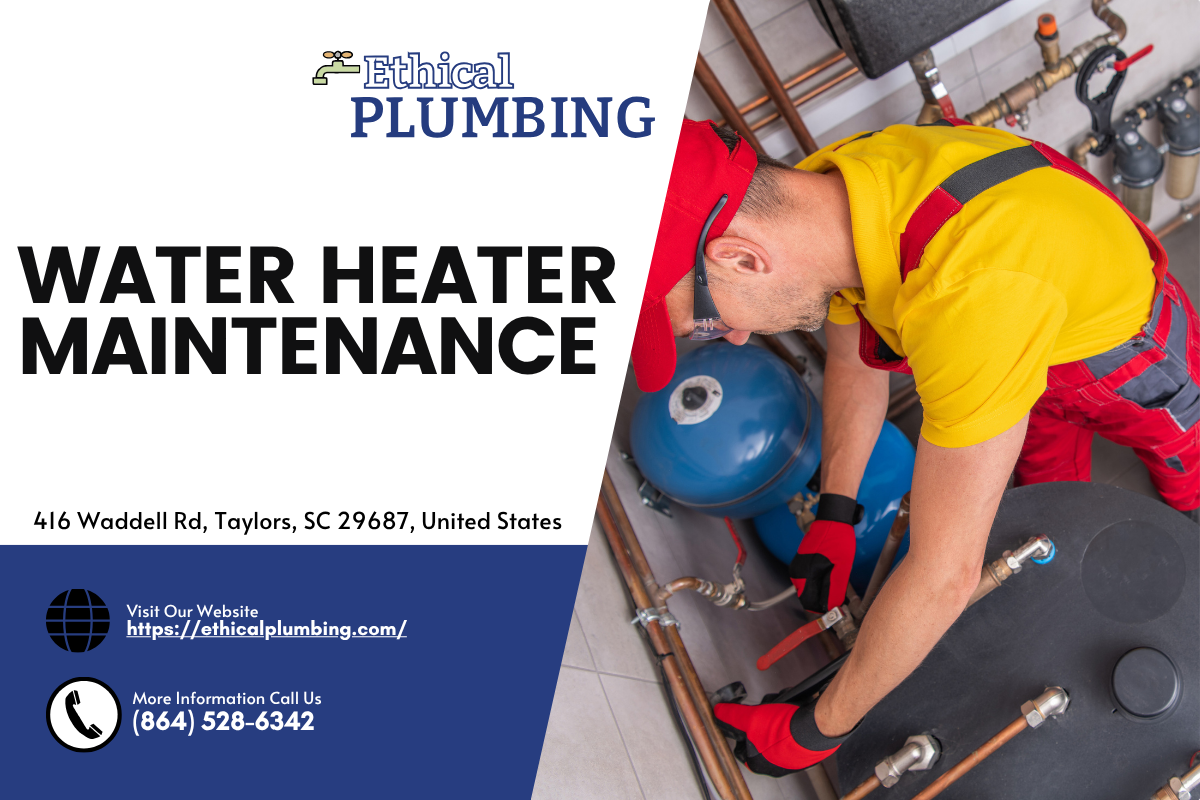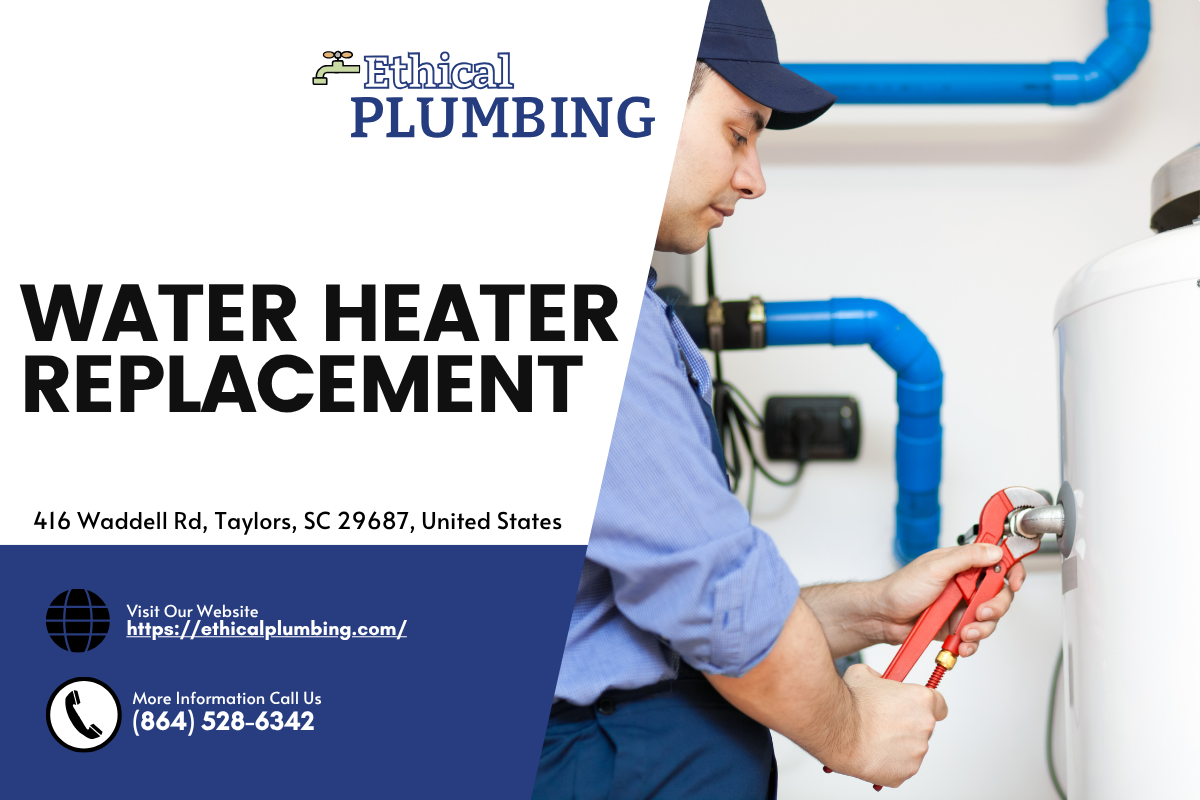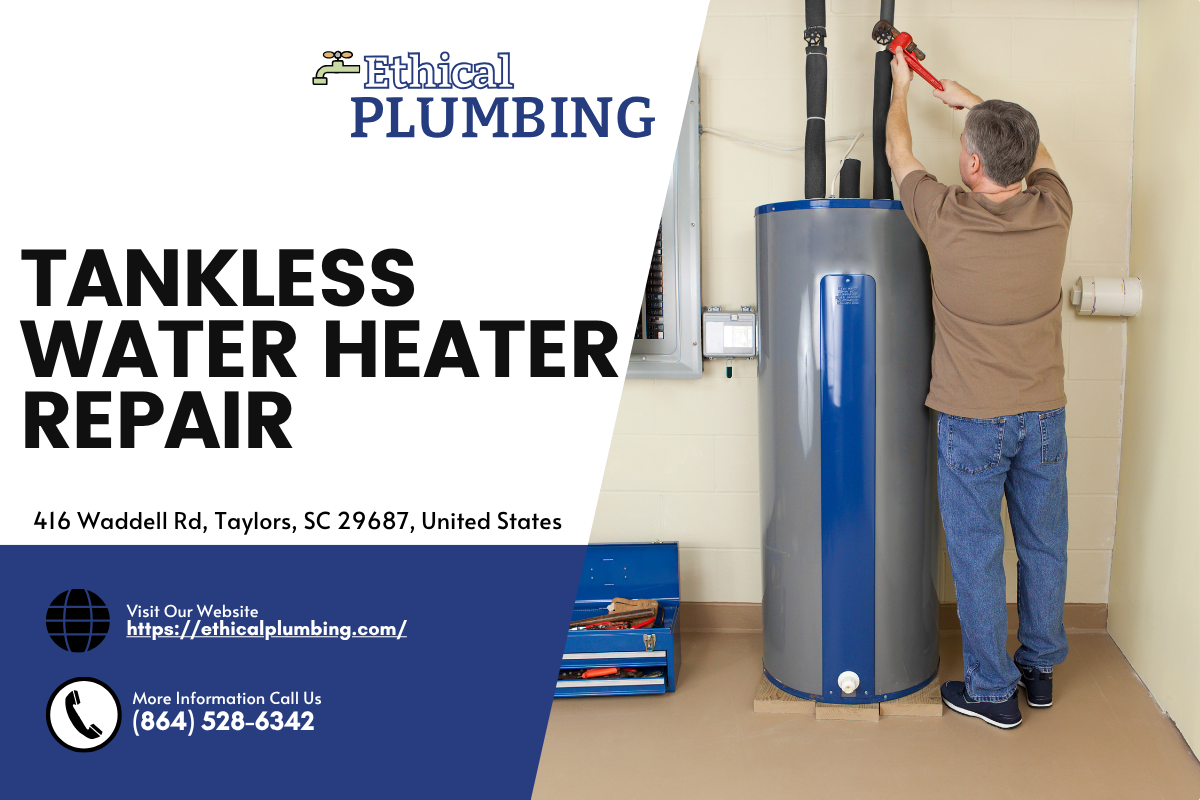


Introduction
When it comes to ensuring comfort and convenience in our homes, few appliances are as vital as the water heater. It is an essential component that provides hot water for showers, dishwashing, laundry, and more. However, improper installation can lead to a myriad of issues ranging from inefficient heating to costly repairs. In Taylors, South Carolina, homeowners often encounter common pitfalls when installing or replacing their water heaters. This article aims to shed light on those water heater installation mistakes to avoid in Taylors homes.
By understanding these mistakes and how to circumvent them, you can save yourself time, money, and stress. Whether you’re opting for traditional tank models or modern tankless systems, the principles of proper installation remain critical.
Understanding Your Water Heater Options
Types of Water Heaters
Before diving into the installation process, it's crucial to understand the types of water heaters available:
Conventional Storage Tanks:- These are the most common types. They store hot water for immediate use.
- Also known as on-demand heaters. They heat water as needed rather than storing it.
- They utilize electricity to move heat from one place to another instead of generating heat directly.
- These systems harness solar energy but may require backup systems during cloudy days.
Choosing the Right Size
Choosing the right size for your water heater is essential. A unit that’s too small will leave you without hot water when you need it most, while one that’s too large can lead to unnecessary energy costs.
- For families of 1-2: A 30-40 gallon tank is usually sufficient. For families of 3-4: Look for 40-50 gallons. For larger families: Consider a 50-gallon tank or even tankless options for endless hot water supply.
Water Heater Installation Mistakes to Avoid in Taylors Homes
Ignoring Local Codes and Regulations
One of the biggest mistakes homeowners make is neglecting local building codes when installing their water heaters. In Taylors, SC, certain regulations dictate how and where water heaters should be installed. Ignoring these codes can result in fines or even having your installation deemed illegal.
Key Takeaway: Always check local codes before beginning your installation project.
Underestimating Ventilation Needs
For gas-powered units, proper ventilation is crucial. Failure to install venting correctly can result in dangerous carbon monoxide buildup within your home.
Tip: Ensure that any gas lines are properly connected and that you have adequate ventilation leading outside.
Improper Placement of Your Water Heater
The location where you install your water heater matters greatly:
Avoid basements prone to flooding if you’re using a conventional tank. If you're installing a tankless system, ensure it's close enough to faucets for efficient heating but not in areas with excessive moisture.Neglecting Proper Drainage Options
Installation Without a Drain Pan
A drain pan is essential for catching any leaks from your unit over time. Failing to install one means risking potential water damage to your home’s foundation or flooring.
Best Practice: Make sure your unit has an adequately sized drain pan installed beneath it.
Ignoring Temperature Settings
Setting your thermostat too high can lead to scalding risks and increased energy bills:
- The recommended setting is around 120°F (49°C) for safety and efficiency.
Common Misconceptions About Tankless Systems
Many homeowners opt for tankless systems thinking they’ll never need repairs or maintenance again; however, this is far from true.
Overlooking Regular Maintenance Needs
Just https://knoxdnue976.almoheet-travel.com/the-importance-of-regular-water-heater-service-in-taylors like traditional units, tankless systems require regular maintenance—like descaling—to function optimally over time.
Frequently Asked Questions About Tankless Maintenance
How often should I descale my tankless unit?- Typically every six months if you have hard water.
- While some tasks are DIY-friendly, hiring a professional ensures thorough service without voiding warranties.
Skipping Professional Help When Needed
Some homeowners attempt DIY installations only to find themselves overwhelmed by complexities they didn’t anticipate:
Electrical connections requiring specialized knowledge Gas line installations needing professional expertiseIf you’re unsure about aspects of installation—don’t hesitate! Call in a professional service specializing in water heater repair taylors or water heater service taylors for assistance.
Using Incorrect Piping Techniques
Mismatched Pipe Sizes
Using pipes that are too small can restrict flow and pressure while oversized pipes may create inefficiencies or noise issues:
- Make sure you match pipe sizes according to manufacturer recommendations during installation.
Failing To Insulate Pipes Properly
Insulating your hot water pipes minimizes heat loss—saving both energy costs and ensuring faster access to hot water at fixtures throughout your home.
Neglecting Energy Efficiency Ratings
When selecting a new unit—whether it's a replacement or first-time purchase—pay attention!
Energy Star Ratings Matter!
Water heaters come with various energy efficiency ratings; choosing an Energy Star-rated model can significantly lower utility bills over its lifespan while also being better for the environment!
Conclusion
Installing a new water heater may seem straightforward on paper—but as we've detailed here with various common pitfalls highlighted under “Water Heater Installation Mistakes to Avoid in Taylors Homes,” it demands careful planning and execution. From understanding local codes and regulations down through ensuring proper drainage options—all aspects need consideration if you're aiming for long-term satisfaction with this crucial appliance within your household setup!
Should you ever find yourself needing help navigating through any part of this process—from choosing between conventional vs tankless units—to seeking assistance with water heater replacement taylors, don't hesitate! Professional services exist specifically tailored towards helping homeowners like yourself make informed decisions—ensuring comfort remains uninterrupted!
Frequently Asked Questions (FAQs)
What’s the average lifespan of a traditional water heater?- Generally around 10-15 years depending on maintenance practices!
- It could be due to improper sizing relative to household demand!
- Absolutely! Regular flushing helps prevent sediment buildup extending longevity!
- Yes! Complicated installations warrant experienced professionals maintaining safety standards throughout work performed!
- Every couple years typically unless you're noticing signs indicating corrosion sooner than expected!
- Many utilities offer rebates prompting homeowners toward more efficient models reducing overall costs during upgrades!
In summary, understanding these key points will undoubtedly enhance not just effectiveness but also longevity regarding how well each specific type performs within residential contexts across Taylors homes specifically designed around comfort-enhancing capabilities provided via quality installations executed correctly!